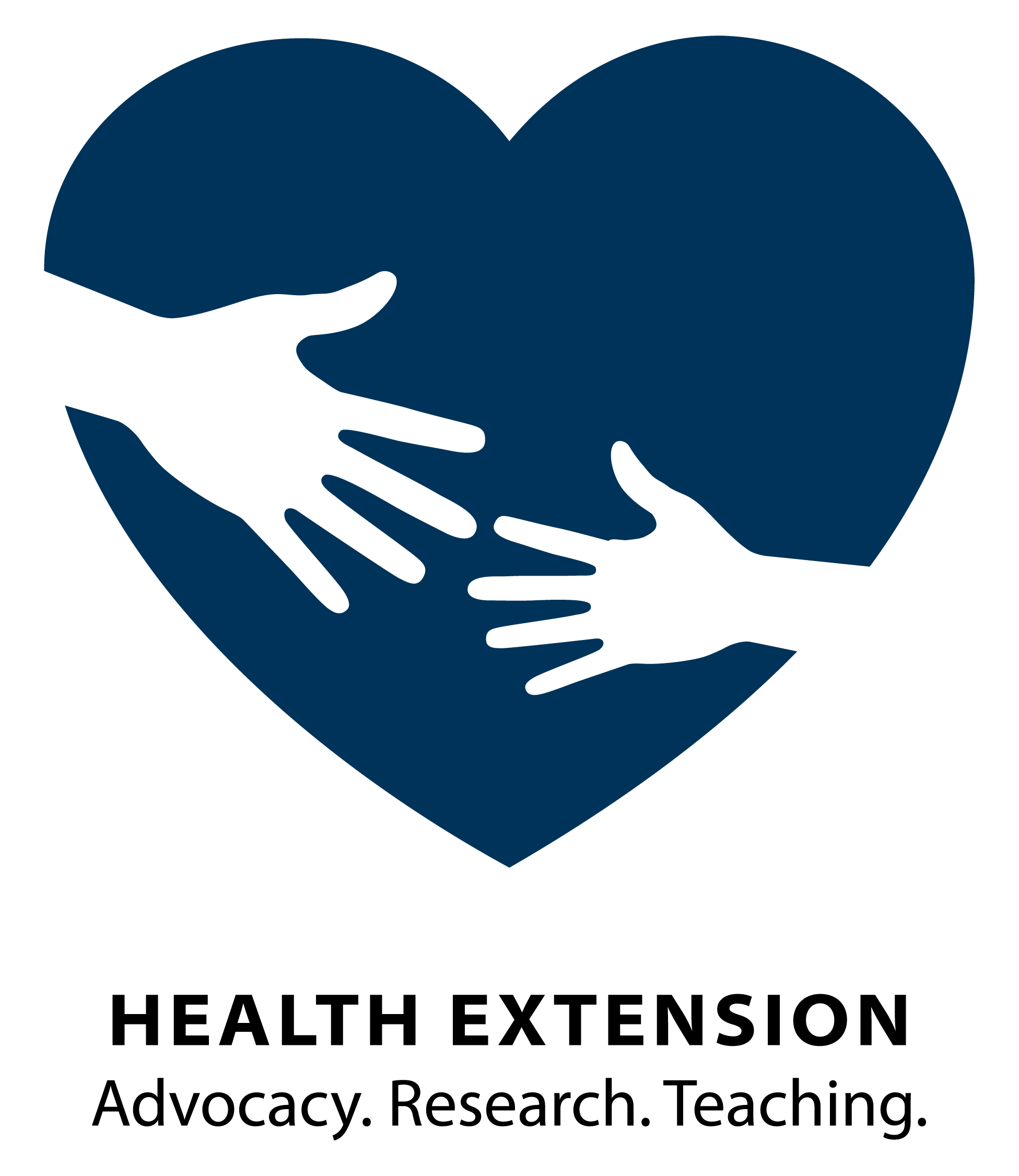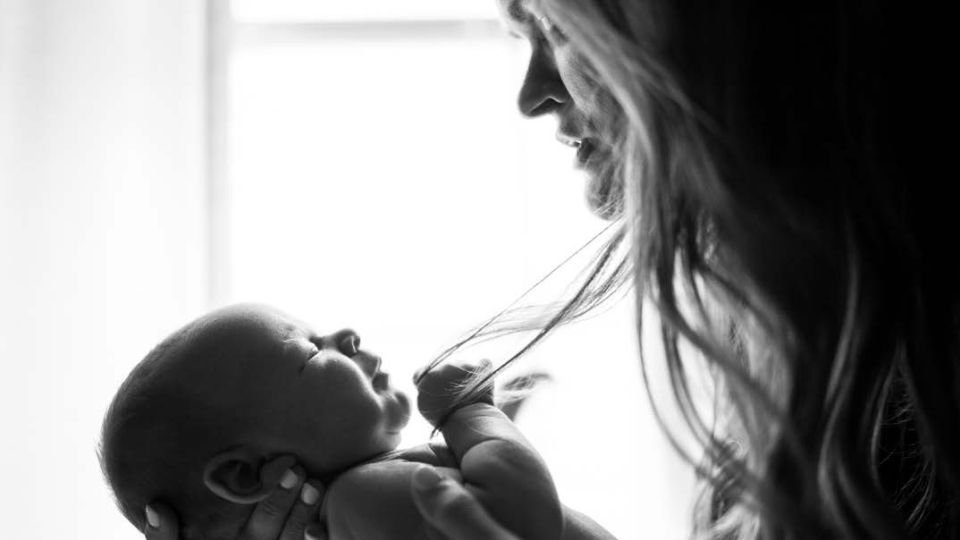Recovery Relationships

You Are Not Alone
Recovery and relationships can seem difficult on their own, while maintaining a healthy relationship during the recovery of one or both partners can seem nearly impossible. However, it is helpful to recognize that if you or your partner are in recovery and working to build a healthy relationship, you are not alone. In the United States, 23.5 million Americans are living in long-term recovery. That’s about 10% of the population (Feliz, 2012).
The First Year of Recovery
Remember that healing takes time and dedication. The first year of recovery is the most important, and during this journey, it is normal to find certain aspects difficult. In maintaining a relationship through recovery, remember that the relationship will take on a new dynamic and those types of transitions often come with growing pains. Discuss your roles in the relationship. What should stay the same and what needs changing? Develop routines and traditions that everyone in the house can count on. This will rebuild trust and solidify your commitment to each other (Wagener, 2018).
Remember the Six C's
When in a relationship with a partner with a substance use disorder, remember the “six Cs” as you navigate your relationship (Simone, 2015).
- You did not cause it.
- You cannot control it.
- You cannot cure it.
- Have courage.
- Be compassionate.
- Build a community.
Remembering these points will not only help you realize that you do not have to carry the weight alone, but also reminds you of the importance of self-care and seemingly small acts of kindness in recovery (Simone, 2015).
In a relationship with one or both partners in recovery, it is important that both parties discuss and understand the other’s opinions and feelings on how substance use has impacted the person’s personal identity and the relationship. When having these conversations, do not pass blame around. Focus the discussion to bring about awareness and healing for your relationship. Try talking about the addiction as something in your relationship that affects you both that you can work through together (Navarra, 2015; Rasa, 2017).
Dream Together
Dreaming together is an important shared experience when in a recovery relationship. Have a conversation with your partner about what each of your dreams are for yourselves and your relationship. Forming these visions together help keep you on track with what each other values and thinks is most important (Meadows, 2018; Navarra, 2007; Gaspard, 2017).
Additional Resources
- Utah State University Extension Relationships
- University of Arkansas Extension
- My Love Thinks
- Love is Respect
- Gottman, J. M. (1999). The seven principles for making marriage work. New York, NY: Harmony Books.
- SMARTRecovery
References
- Feliz, J. (2012, March 6). Survey: Ten Percent of American Adults Report Being in Recovery from Substance Abuse or Addiction. Retrieved May 8, 2019, from https://drugfree.org/newsroom/news-item/survey-ten-percent-of-american-adults-report-being-in-recovery-from-substance-abuse-or-addiction/
- Gaspard, T. (2017, November 30). Enriching Your Marriage by Creating Shared Meaning.The Gottman Institute. Retrieved on May 8, 2019 from https://www.gottman.com/blog/enriching-marriage-creating-shared-meaning/
- Meadows, B. (2018, August 20). 6 Short Term Goals to Set After Rehab. Retrieved on May 13, 2019 from https://www.addictioncampuses.com/blog/6-short-term-goals-to-set-after-rehab/
- Navarra, B. (2015, February 28). #AskGottman: Addiction Answers. Retrieved on May 14, 2019 from https://www.gottman.com/blog/askgottman-addiction-answers/
- Rasa, C. (2017, January 27). 3 Guidelines for Spouses Affected by Their Partner’s Addiction. The Gottman Institute. Retrieved on May 8, 2019 from https://www.gottman.com/blog/3-guidelines-spouses-affected-partners-addiction/
- Simone, F. (2014) The Six Cs of Recovery. Retrieved on October 13, 2018 from https://www.hazelden.org/web/public/six-cs-of-recovery.page
- Wagener, D. (2018). Living with a Recovering Drug Addict or Alcoholic. Retrieved on May 13, 2019 from https://www.recovery.org/aftercare/living-person-recovery/
Authors
Kandice Atismé, MHA, MPH, CPH; Heidi Prestwich, Health Intern
Related Research






















